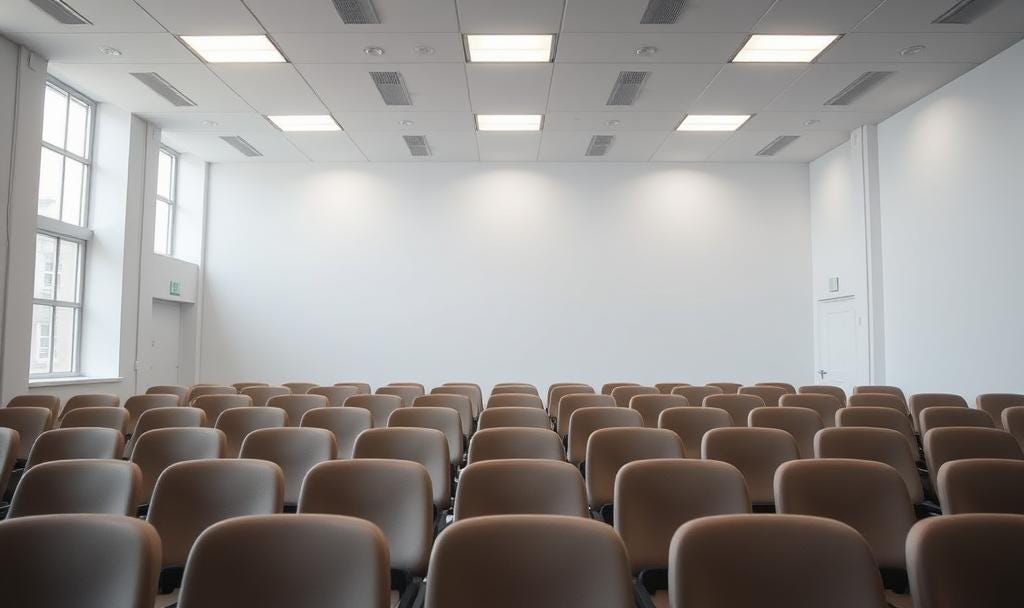Owen Sound’s Budget Process Will Look Very Different This Year Under Strong Mayor Powers
The 2026 budget will be the first prepared under Ontario’s strong mayor framework — without a public meeting open for community discussion and with earlier, tighter timelines for council review.
Owen Sound’s 2026 budget process will look noticeably different from years past, as the city adjusts to provincial “strong mayor” legislation that shifts key responsibilities from council and staff to the mayor’s office.
Under Ontario’s Strong Mayors, Building Homes Act, the head of council is now required to prepare and table the municipal budget. This …
Keep reading with a 7-day free trial
Subscribe to The Owen Sound Current to keep reading this post and get 7 days of free access to the full post archives.



